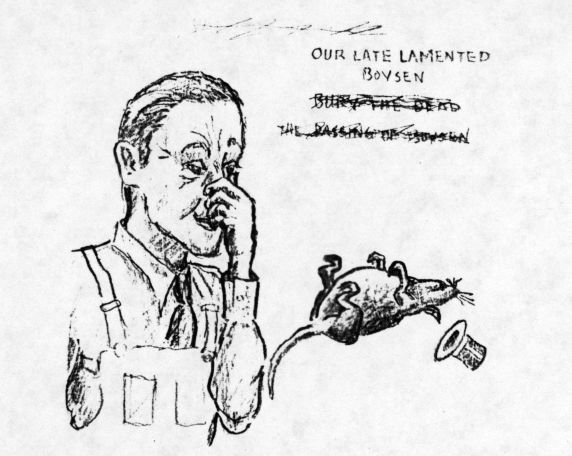[Podcast] "No Labor Dictators For Us": Revisiting Anti-Union Forces in the Flint Sit-Down Strike
While the 1936-1937 Flint Sit-Down is usually viewed as a pivotal success for the UAW, Dr. Gregory Wood considers more closely the influence of anti-union workers and the General Motors-supported Flint Alliance both during and after the strike. Wood is an associate professor and chair of the history department at Frostburg State University. His research will be featured in a forthcoming article in the Michigan Historical Review titled, "'No Labor Dictators for Us': Anti-Union Workers During the Flint Sit-Down Strikes."
Related Collections:
Henry Kraus Papers
Flint Auto Worker
Reuther Library Oral History Collections
Related Resources:
Michigan Historical Review
Subject Focus: Remembering the Flint Sit-Down
Episode Credits
Producers: Dan Golodner and Troy Eller English
Interviewee: Greg Wood
Music: Bart Bealmear

